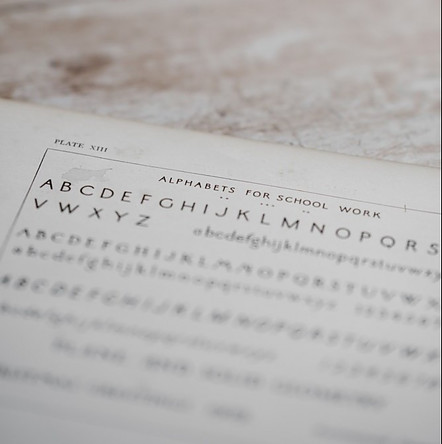
The Military Alphabet, as is known among us civilian contractors who have worked in government circles, goes by many names. It’s internationally known as the NATO phonetic alphabet, *officially* denoted as the International Radiotelephony Spelling Alphabet, and also commonly known as the ICAO phonetic alphabet. Got all that?!
The ICAO (International Civil Aviation Organization) phonetic alphabet assigns code words acrophonically to the letters of the English alphabet. This is done so that critical combinations of letters and numbers are most likely to be pronounced and understood by those exchanging voice messages by radio or telephone, regardless of the quality of the communication channel or language differences.
I’m sure we’ve all experienced the frustration in being misheard when communicating over any electronic media. Imagine how critical accurate communications need to be during an emergency or disaster situation. In the event you find yourself in any potential catastrophe, clear communications are essential.
If you and your family are stranded on “C” street, you don’t want the rescuers looking for you on “E” street, or “G” street, or maybe even “B” street. I think you’re getting the point here.
While the code has changed over time, the most recently accepted 26 code words in the NATO phonetic alphabet assigned to the 26 letters of the English alphabet in alphabetical order are as follows:
- Alpha
- Bravo
- Charlie
- Delta
- Echo
- Foxtrot
- Golf
- Hotel
- India
- Juliet
- Kilo
- Lima
- Mike
- November
- Oscar
- Papa
- Quebec
- Romeo
- Sierra
- Tango
- Uniform
- Victor
- Whiskey
- X-ray
- Yankee
- Zulu
In the event that voice communications are unavailable, Morse Code can be used to relay messages. However, this requires both parties to be familiar with the “dot-dash” patterns associated with each letter. Unless professionally, or personally, trained, it is more likely that the ICAO code will be more widely understood.